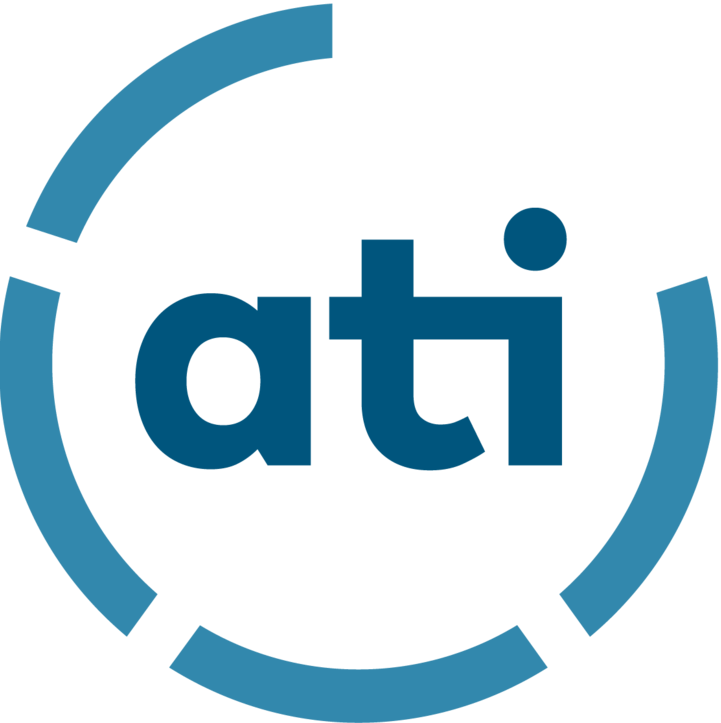

ATI Webinar series |Evidence-based Fiscal Policy Tools to Improve Equity
Equitable public and social policies are crucial to address the challenges of the pandemic and to continue the work towards achieving an equal society. Fiscal policies – both on the revenue and expenditure side – are powerful instruments to reduce poverty and inequality. Annual budgeting cycles – development planning and policy proposal, budget setting and allocation, and budget execution – are channels through which the expenditure side translate into action.
Various initiatives have been developed to measure the extent to which government development plans incorporate sustainable development principles – such as equality, poverty reduction, and equity. The comprehensive budgeting and policy analysis toolkit, which has been jointly developed by the Global Development Network (GDN) and the World Bank, supported by the German Development Cooperation (GIZ), is one of them. The toolkit encompasses three independent, but highly complementary analytical tools: the enhanced Equity Budgeting Tool (EBT), the Commitment to Equity (CEQ) Assessment to carry out Fiscal Incidence Analysis (FIA), and the microsimulations built on the CEQ-FIA framework.
Under Commitment 1 of the ATI Declaration 2025, the Addis Tax Initiative (ATI) partner countries pledge to "enhance DRM on the basis of equitable tax policies (…) [and to] support reforms to foster equity of tax systems in partner countries in order to reduce inequalities" . This commitment especially focuses on "monitoring the impact of tax policies on equity and equality". To that effect, the ATI is organising a webinar series on 14 September 2022 on "Evidence-based fiscal policy tools to improve equity". This webinar series will take a closer look at the enhanced EBT and derived toolkit – CEQ-FIA approach and microsimulations –, as well as some practical insights from its implementation in partner countries.
Further details and the programme of the webinar series can be found here.